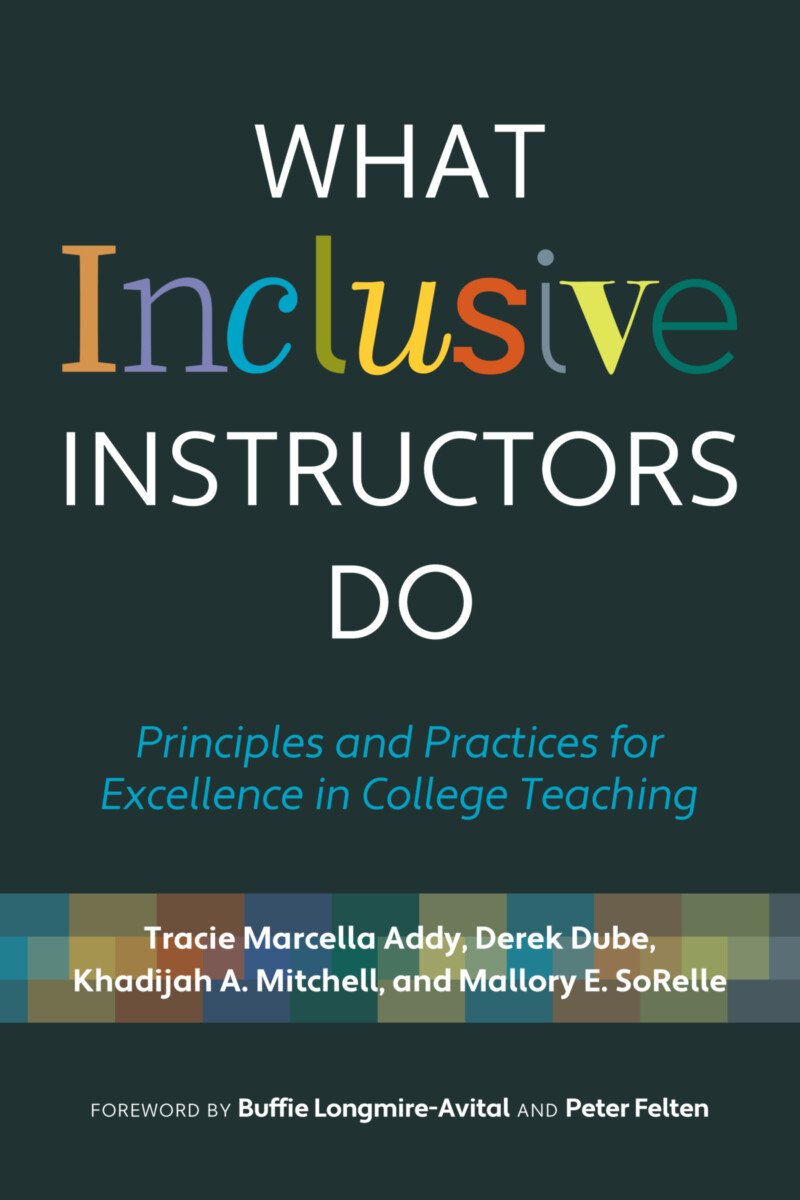“...an essential resource... Instructors and administrators at all types of institutions will benefit from this timely approach to a critical topic”
“...a timely and extraordinarily comprehensive resource for supporting instructors who wish to engage with inclusive teaching. Every facet of what makes teaching inclusive is unpacked and brought to life with quotes and examples from real instructors across different disciplines and institutional contexts...”
Featured in Inside Higher Ed, Chronicle of Higher Education
Listen to learn morE:
Courses I’m teaching
-
This course asks how public policies influence who has political power in the United States. Specifically, we will investigate how policy design and implementation create, reproduce, or mitigate political inequality for individuals and groups. We will also consider how policy design can be used to build political power to facilitate social change, especially for historically marginalized communities. We will begin by investigating trends in who has power and who doesn’t. Next, we will consider why public policy is an appropriate starting point for understanding these patterns. Having established a theoretical foundation, we will explore how public policies across a range of issues work to create or reduce inequalities in political power for different groups. We will also explore how policies can be used as a tool to build power for groups, thus helping to facilitate social change. Beyond its substantive focus, you will learn the basics of conducting survey experimental research through a weekly interactive workshop on research design.
-
This two-course sequence is designed to provide you with the tools necessary to successfully write a public policy honors thesis.
-
Social Choice and the Political Economy of Policy Making is a one-semester course, typically taken in the second semester of the program, that is intended to introduce students to normative and political frameworks for evaluating public policies and governance processes. The course draws on a variety of theories from political science, economics, political economy, and other social science disciplines to provide students with theoretical and analytical tools to evaluate the public good, tradeoffs between efficiency and equity, political legitimacy, and justice. The course will pay particular attention to the political dynamics of the policy making process from beginning to end, including the evaluation of policy problems and solutions, theories of policy stability and change, mass and elite influence on policymaking, bureaucracy and policy implementation, and the feedback effects of public policies.
-
Introduction to U.S. Politics
Politics of Public Policy
Inequality and the American State
American Political Economy (senior seminar)
syllabi available on request
